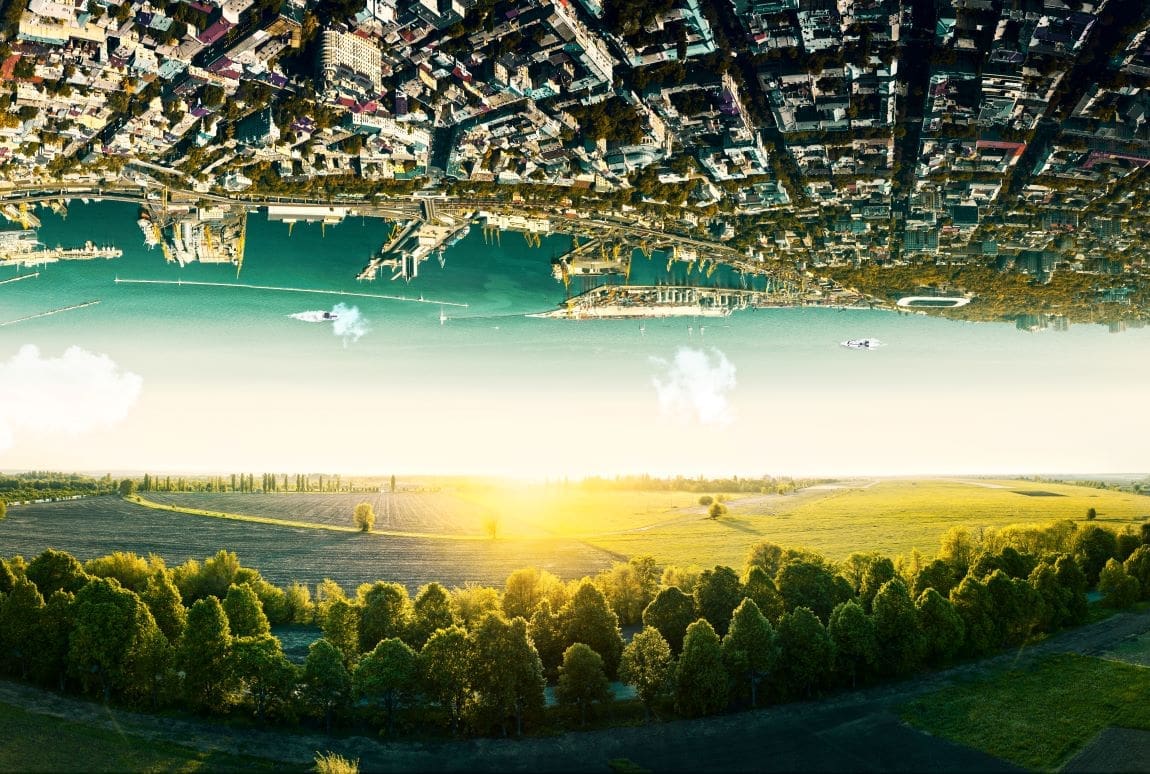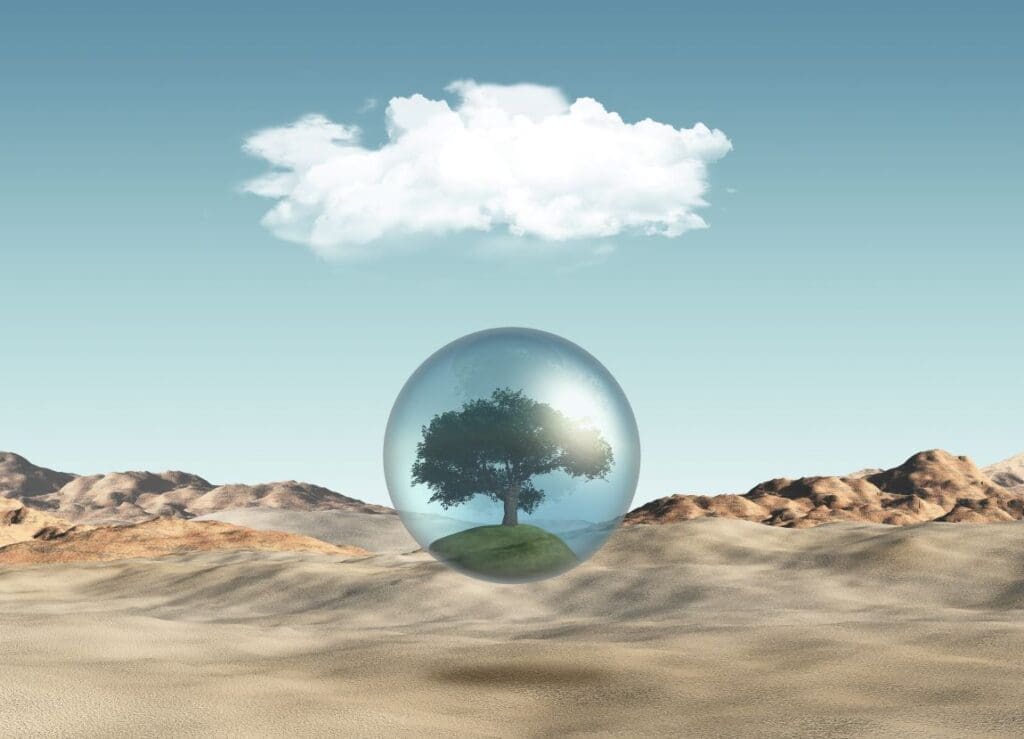Anthropologists at Rice University suggest in a new study that establishing networks of ‘sister cities’ dedicated to addressing the impact of natural disasters can mitigate the devastation wrought by climate change.
Published in the journal Nature Cities, “Sister cities for the Anthropocene” by professors Cymene Howe and Dominic Boyer explores the connectivity of “sister cities,” broad-based, long-term, legal or social partnerships between two similar-sized communities in two countries. The original Sister Cities International program was born out of the aftermath of World War II and fears of nuclear conflict in the 1950s.
Historically, these relationships have centered on social and political factors like trade relationships, diplomacy and more. But Howe and Boyer believe they can be powerful tools to aid in dealing with the physical effects of climate change, especially as cities deal with things like wildfires, extreme storms and more. As a result, they recommend forming a network called “Sister Cities for the Anthropocene” to help track and raise awareness of the spread of related impacts and responses to climate-related disasters in urban communities across the world.
“The idea of this network is to create relationships and networks that help formulate ideas and best practices to cope with the consequences of climate change that are already with us, including the effects of natural disasters,” Howe said.
“This network also takes into account the consequences that we know are coming in the future,” Boyer said. “We know that we will have more extreme storms, more drought and more wildfires. We want to prevent as many of those terrible effects as we can.”
Howe and Boyer wrote that in regions affected by chronic wildfire and droughts, “sister cities” might learn how other urban communities are assessing predictions of a hotter, drier future and making plans to adapt. In areas where flooding, sea-level rise or extreme storms increasingly threaten residents, “sister cities” can look at what responses have been initiated by nongovernmental organizations, community groups and media organizations and how the outcomes and impacts of these initiatives compare.
Howe said that while it is encouraging that many city leaders, urban professionals and residents are already talking about climate change, related disasters and mitigation strategies, this network would formalize relationships between cities and bring more public attention to the effects of climate change.
This article by Rice University is republished under a Creative Commons Attribution 4.0 International License. Read the original article.
(More information: Cymene Howe et al, “Sister cities for the Anthropocene”, Nature Cities (2024). DOI: 10.1038/s44284-024-00067-z; Rice University – Press Release, Featured image credit: Yaroslav Danylchenko – Freepik.com)




